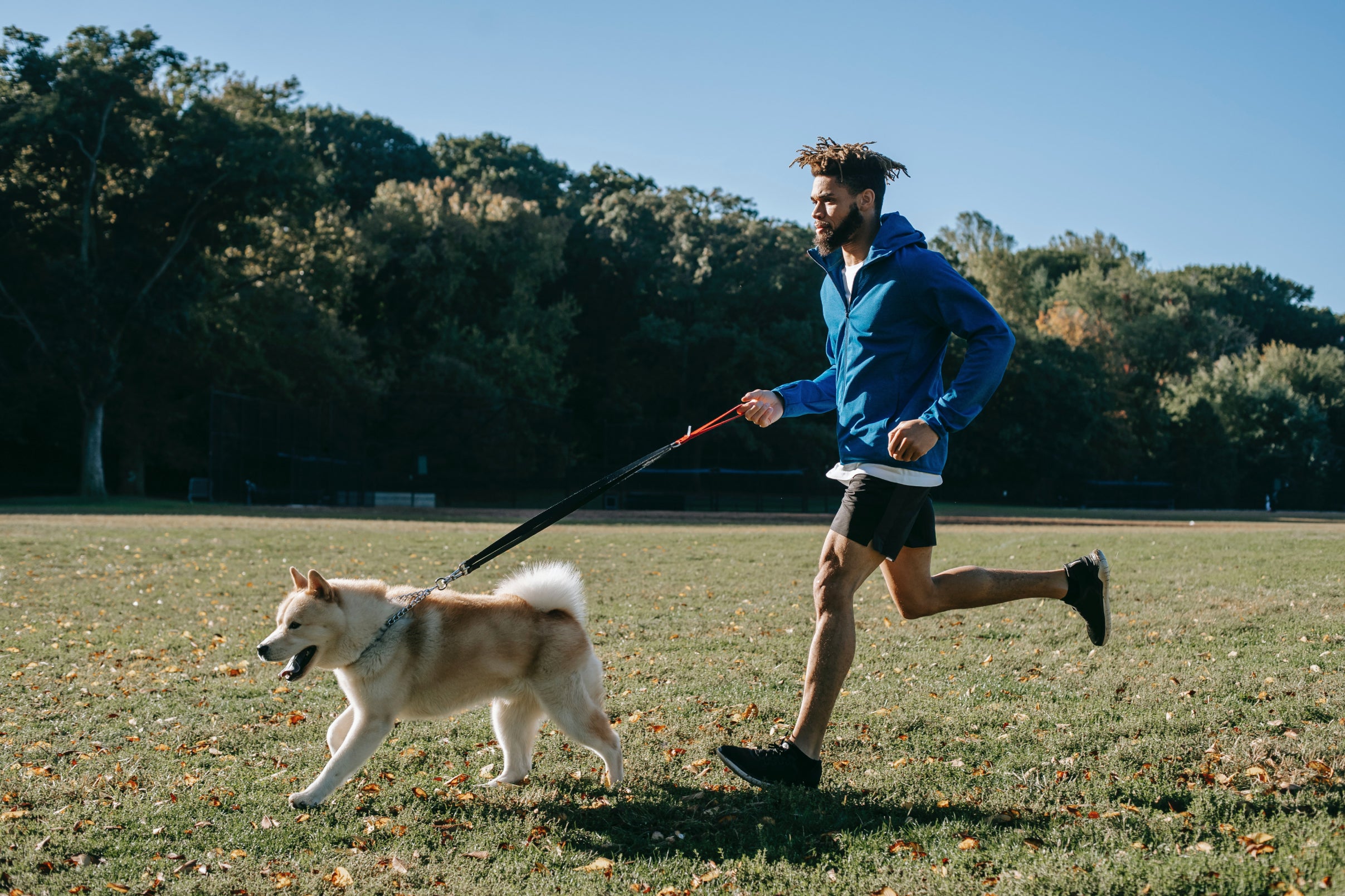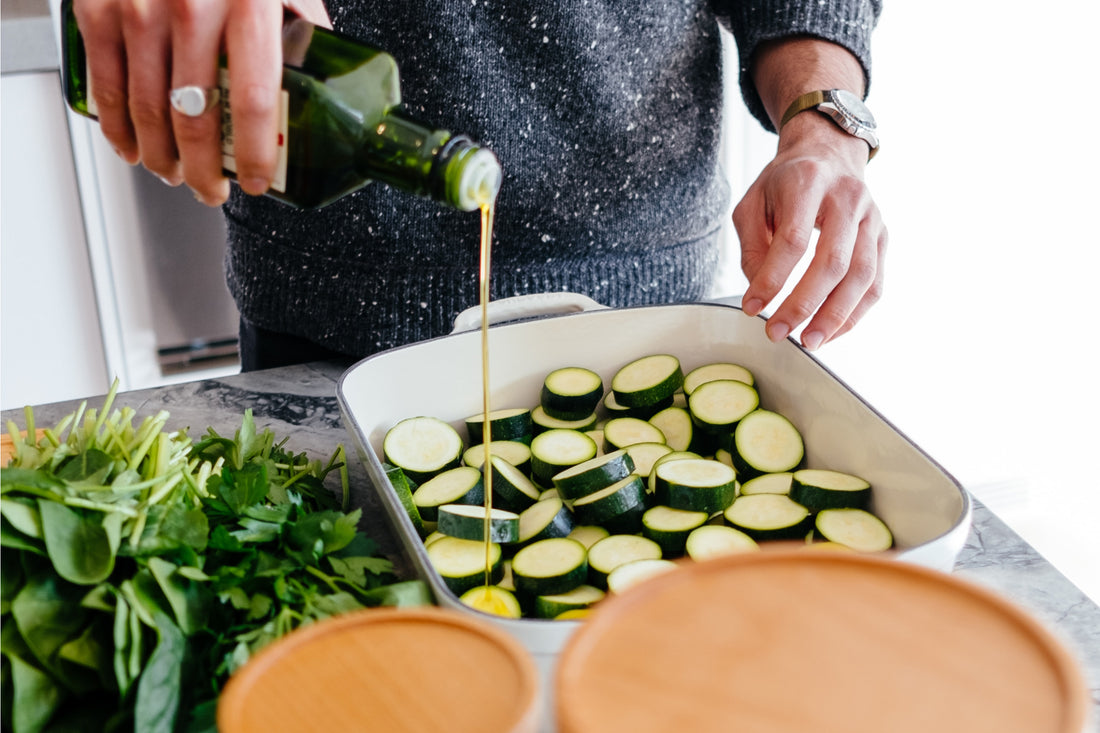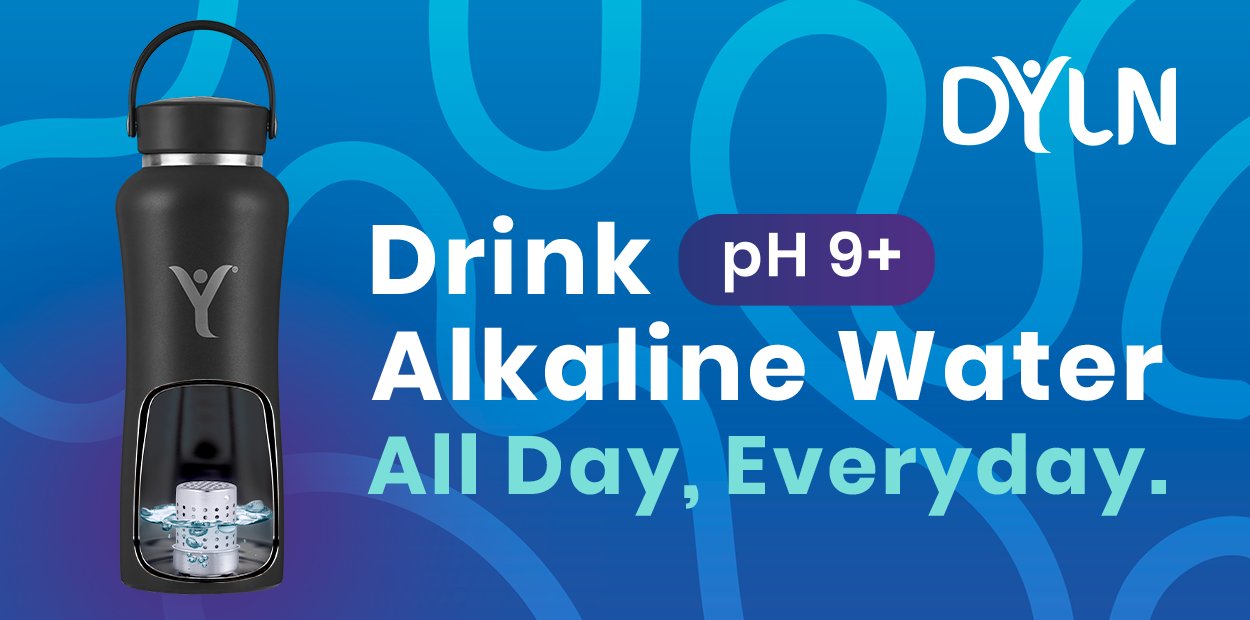Como entusiasta de los deportes, debes confiar en tu salud física para tener un estilo de vida saludable y activo. Dependes de la resistencia, la habilidad y la fuerza cuando corres con el balón o haces un sprint hacia la línea de meta.
Así como hacer ejercicio es esencial para un rendimiento atlético óptimo, también lo es alimentar el cuerpo con los nutrientes adecuados a través de una dieta equilibrada. A medida que gastas más energía mediante el entrenamiento, el ejercicio y la práctica de un deporte, necesitas reponer las calorías quemadas y los nutrientes perdidos, lo que se puede hacer rápidamente comiendo los alimentos adecuados.
Cada persona tiene necesidades nutricionales diferentes, pero se espera que los atletas se alimenten más con los siguientes nutrientes para mantener sus cuerpos funcionando de manera óptima:
Seis nutrientes esenciales para los deportistas
 Fotografía de RUN 4 FFWPU en Pexels
Fotografía de RUN 4 FFWPU en Pexels
- Hierro : este nutriente es esencial para el metabolismo de las proteínas, los carbohidratos y las grasas. El hierro también puede transportar oxígeno por todo el cuerpo. La falta de hierro puede inhibir la resistencia y disminuir la inmunidad.
- Zinc : este mineral desempeña un papel importante en la inmunidad, la función tiroidea, la utilización de proteínas y la eficiencia metabólica, todo lo cual afecta de alguna manera el rendimiento atlético. Las personas vegetarianas son las que tienen mayor riesgo de sufrir deficiencia de zinc.
- Calcio : este nutriente esencial ayuda a los impulsos nerviosos, la contracción muscular, el crecimiento óseo y la mejora de la masa ósea. La deficiencia de calcio puede provocar problemas relacionados con los huesos, por lo que las personas que realizan actividades extenuantes deberían tomarlo a diario.
- Vitamina D : el calcio necesita vitamina D para aumentar su absorción en el intestino. Juntos, forman huesos más fuertes. La vitamina D también desempeña un papel fundamental en el fortalecimiento del sistema inmunológico . Esta vitamina se puede adquirir fácilmente tomando el sol por la mañana durante unos minutos.
- Magnesio : este mineral es vital en más de 300 procesos bioquímicos, incluida la síntesis de proteínas para el desarrollo muscular, la absorción de calcio, la regulación de la presión arterial y la producción de ATP, todos los cuales contribuyen al rendimiento de un deportista.
- Vitaminas B : las vitaminas B desempeñan un papel muy importante en la salud de la sangre, el metabolismo energético y la salud del tejido muscular. Una ingesta deficiente de vitaminas B puede provocar dolor muscular y fatiga, dos condiciones que pueden poner en peligro el rendimiento deportivo.
¿Qué debe haber en el plato de un deportista?
No importa si te gusta golpearpelotas de golf en el campo de golf o completar vueltas en una piscina: como entusiasta de los deportes, debes comer más de los alimentos que se enumeran a continuación:
Pasta, arroz y avena
Los alimentos ricos en carbohidratos tienen una mala reputación, ya que muchas personas los asocian con el aumento de peso. Pero lo cierto es que no tiene por qué ser malo si se eligen los alimentos con prudencia. Los carbohidratos son el combustible del cuerpo y cuanto más combustible consumas, más activo serás.
Existen dos tipos principales de carbohidratos: los de liberación rápida y los de liberación lenta. Opta por los carbohidratos de liberación lenta a lo largo del día y los de liberación rápida una hora antes del entrenamiento. Los carbohidratos de liberación lenta incluyen la pasta, el arroz integral, el pan integral, la batata y la quinoa. Los carbohidratos de digestión rápida incluyen el arroz blanco, los plátanos y las galletas.
Antes de coger los palos de golf y salir al campo, come un buen plato de avena para preparar tu cuerpo para dar largas zancadas. Un estudio de 2016 muestra que consumir 70 gramos de cereales integrales como la avena reduce el riesgo de muerte prematura en un 22 %.
Carne roja
Se puede decir que la carne roja es una fuente rica de proteínas de alta calidad, hierro y zinc, todos ellos esenciales para una buena salud y un rendimiento atlético óptimo. La carne roja también contiene aminoácidos que ayudan a reparar pequeños desgarros musculares que se producen después de un entrenamiento intenso. Comer alimentos ricos en proteínas es esencial para la recuperación de las células y los músculos, así que asegúrate de darle prioridad en tu dieta.
Póngase como meta que 1/3 de sus comidas se basen en fuentes ricas en proteínas, como pollo, tofu, legumbres, requesón, nueces y huevos.
Frutas y verduras
Al igual que un automóvil necesita combustible para funcionar, su cuerpo también necesita vitaminas y minerales para rendir al máximo. Dado que su cuerpo no puede producir de forma natural todas las vitaminas y minerales esenciales, es necesaria una dieta equilibrada para lograr una salud y un rendimiento óptimos.
Para lograrlo, destina 1/3 de tus comidas a frutas o verduras para asegurarte de que estás obteniendo las cantidades adecuadas de vitaminas y minerales. Comer frutas crudas, sopas, verduras asadas o al vapor, batidos o ensaladas puede ayudarte a alcanzar la ingesta recomendada.
Pez
El pescado es rico en proteínas y grasas saludables, que son esenciales para la salud física y mental. Las grasas saludables se encuentran en el pescado azul (caballa, arenque y salmón), así como en las semillas, los aguacates y los frutos secos. Tenga en cuenta que consumir demasiados alimentos grasos puede provocar un aumento de peso, por lo que es esencial controlar las porciones.
Agua

Mantenerse hidratado es tan importante como llevar una dieta equilibrada. Al hacer ejercicio, el cuerpo pierde líquido a medida que transpiras. Y, a medida que pasas más tiempo haciendo actividades físicas, te da sed. No te acostumbres a beber solo cuando tengas sed. Bebe al menos cada 15 o 20 minutos, pero no te hidrates tanto que empieces a sentirte lleno. Durante tus entrenamientos y tus momentos de ocio, lleva siempre contigo una botella DYLN para que puedas hidratarte de forma más eficiente en cualquier momento y lugar.
Comidas trampa
Como deportista, siempre hay alimentos que debes evitar dondequiera que vayas: azúcares, alimentos grasos, alimentos fritos, comida chatarra, etc. Si bien comer bien te ayuda a tener una mejor salud y un mejor rendimiento atlético, también es importante darte un gusto con tus alimentos “menos saludables” favoritos de vez en cuando, ya sea un helado o tu hamburguesa con queso favorita.
Las comidas trampa no suelen afectar a tus objetivos de fitness, siempre que te las des con moderación. La nutricionista Dra. Rupali Datta explica a NDTV Food : “Estamos bien el ochenta por ciento del tiempo y durante un buen veinte por ciento nos gusta bajar la guardia. Comer hamburguesas, pizza [y pasta] nos da ese tipo de satisfacción. Con moderación, incluso estos caprichos no hacen daño”.
Asegúrate de planificar mejor tus comidas trampa, no te des atracones cuando tengas hambre y compensa lo que comes.
Conclusión
Todos nuestros cuerpos necesitan combustible para funcionar, pero cuando se trata de deportistas, la necesidad de nutrición es mayor y más exigente. El ejercicio regular, el entrenamiento y el rendimiento deportivo aumentan la pérdida de nutrientes y energía del cuerpo, por lo que es necesario consumir más vitaminas y minerales para compensar la pérdida.
Independientemente de si eres un aficionado o un atleta competitivo, asegúrate de que tu cuerpo reciba los nutrientes adecuados antes de embarcarte en una actividad de alta intensidad.







